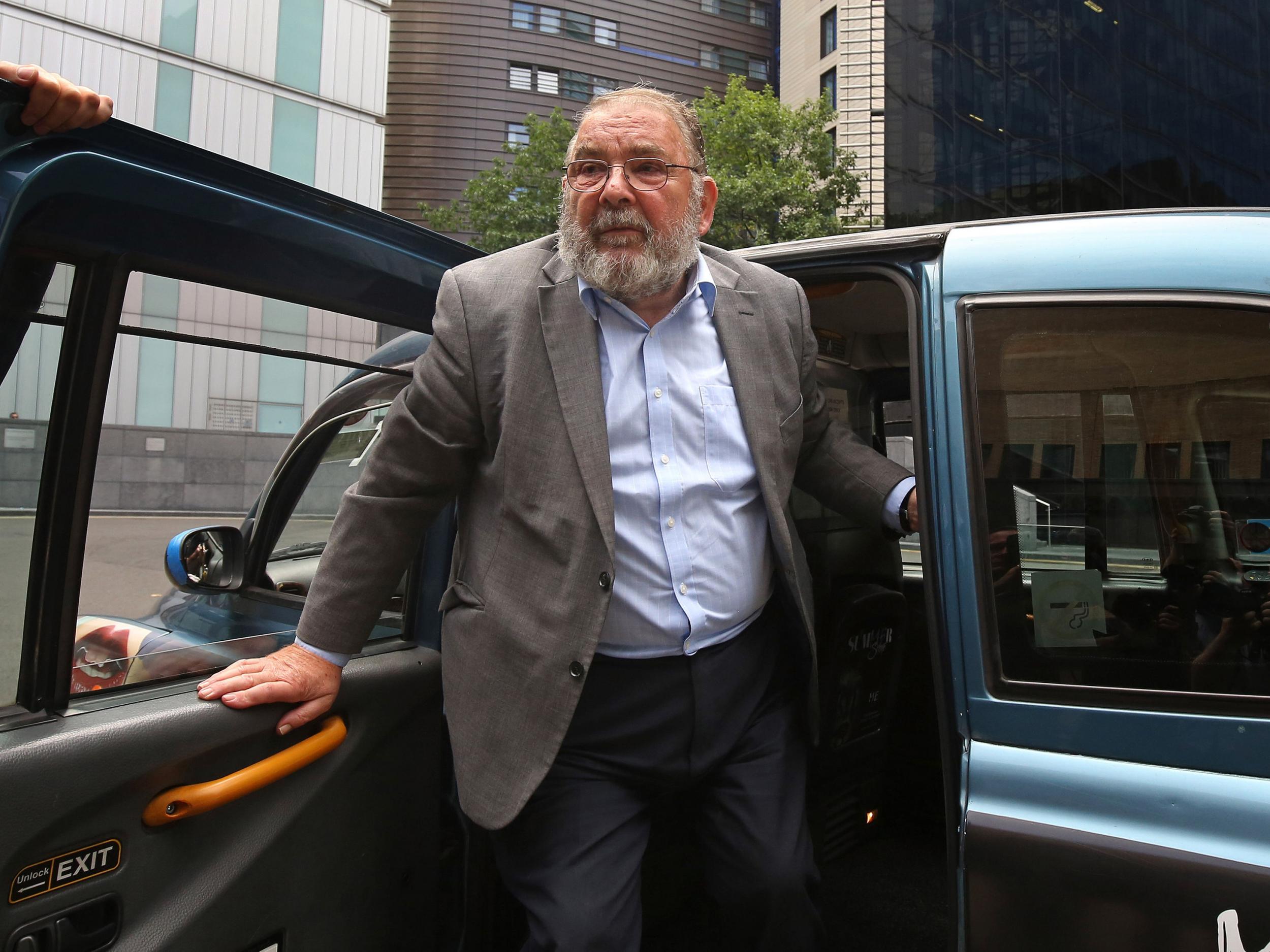Ex-Tory peer Lord Hanningfield cleared of submitting false expenses as it is 'matter for Parliament'
Lord Hanningfield was accused of claiming around £3,300 for attendance at the House of Lords in 2013

Your support helps us to tell the story
From reproductive rights to climate change to Big Tech, The Independent is on the ground when the story is developing. Whether it's investigating the financials of Elon Musk's pro-Trump PAC or producing our latest documentary, 'The A Word', which shines a light on the American women fighting for reproductive rights, we know how important it is to parse out the facts from the messaging.
At such a critical moment in US history, we need reporters on the ground. Your donation allows us to keep sending journalists to speak to both sides of the story.
The Independent is trusted by Americans across the entire political spectrum. And unlike many other quality news outlets, we choose not to lock Americans out of our reporting and analysis with paywalls. We believe quality journalism should be available to everyone, paid for by those who can afford it.
Your support makes all the difference.A former Conservative peer has been acquitted of submitting false expenses claims after Parliament decided the main issue of the case does not fall under the jurisdiction of the criminal courts.
Lord Hanningfield was accused of claiming around £3,300 for attendance at the House of Lords in 2013.
In 2014, the 75-year-old was barred from the House of Lords after a standards watchdog found he had claimed a £300 attendance allowance for 11 days when he had not undertaken any “parliamentary work”.
Lord Hanningfield, of West Hanningfield, near Chelmsford in Essex, was due to stand trial at London's Southwark Crown Court on Monday but the prosecution offered no evidence against him after Parliament intervened.
He was formally found not guilty of false accounting.
Judge Alistair McCreath said Parliament had exercised its right to decide that the main issue in the case, whether Hanningfield was carrying out Parliamentary work or not, does not fall under the jurisdiction of the criminal courts.
He said: “At the heart of the prosecution case is an allegation that on the material days Lord Hanningfield did not carry out Parliamentary work.
“It is manifestly impossible for the Crown to present their case without requiring the jury to receive evidence on the topic of, and make a determination of, what is and is not Parliamentary work.
“Towards the end of last week and indeed relatively late on Friday, it became evident that Parliament was exercising exclusive cognisance in relation to the matter of Parliamentary work.”
“In other words Parliament was saying 'It is a matter for us as Parliament to make that determination, not for the criminal court'.
“Parliament having made that decision means that the prosecution are not in a position to invite the jury to consider the question of what is Parliamentary work, let alone make a determination of it.”
Prosecutor Patrick Gibbs QC said: “The authorities are asserting exclusive cognisance over the meaning of Parliamentary work.
“The courts and Parliament strive to respect each other's role and courts are careful not to interfere with the workings of Parliament.”
In 2011, the non-affiliated peer was sentenced to nine months in prison after being found guilty of nearly £14,000 worth of expenses fraud. He served a quarter of the sentence in jail.
Lord Hanningfield said in a statement: “I am relieved the matter has come to an end. I always maintained that I carried out parliamentary work on the dates in question away from the House and that my short time in the House on those dated was explained by my ill health.”
Additional reporting by Press Association
Join our commenting forum
Join thought-provoking conversations, follow other Independent readers and see their replies
Comments